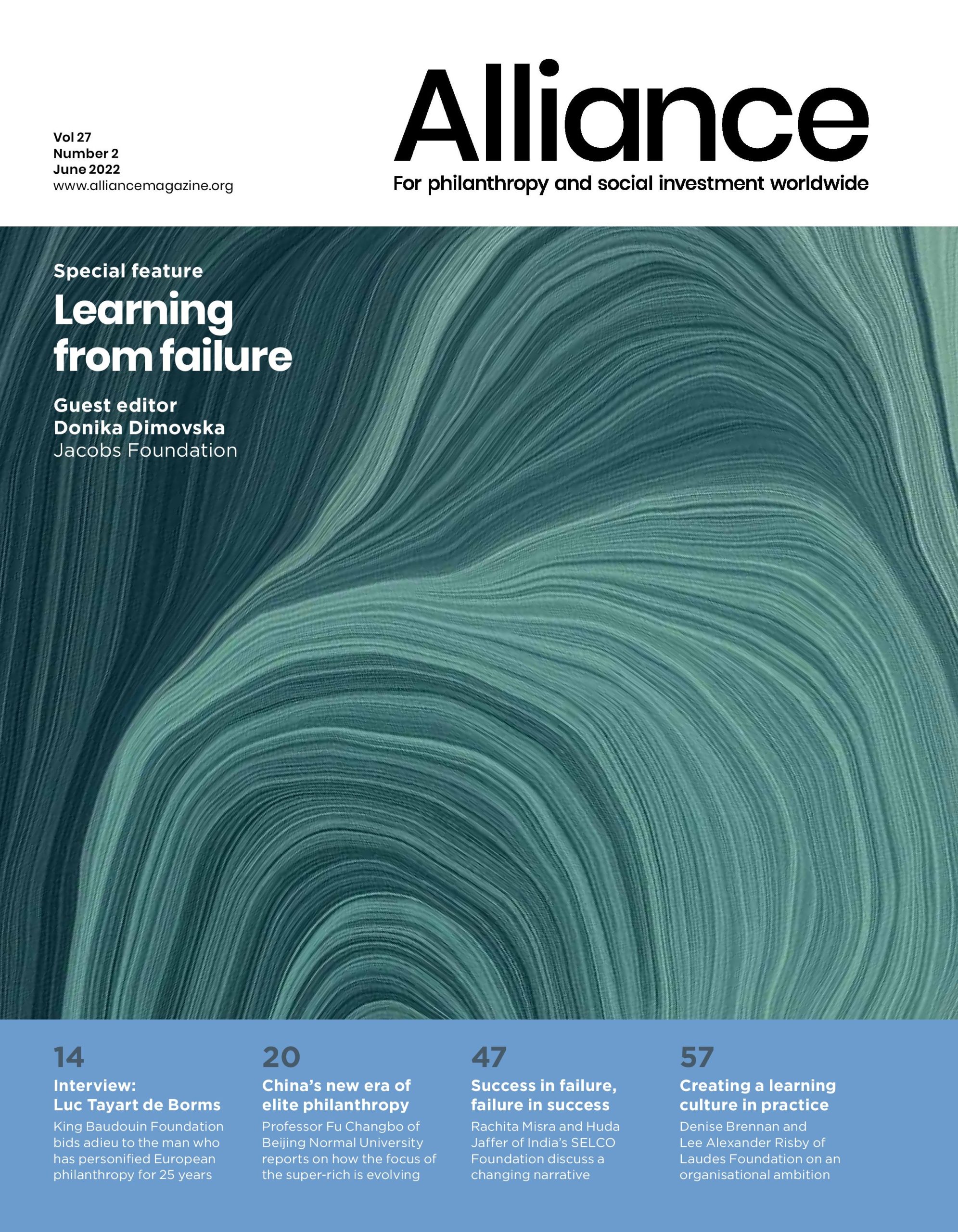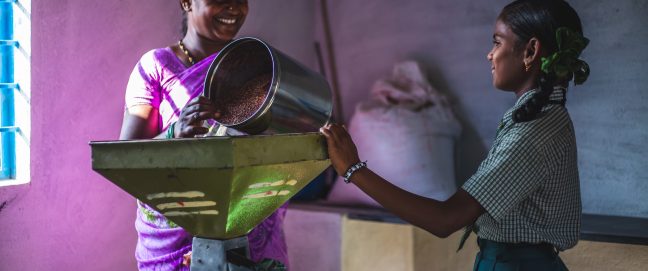Created in 1994 to support conservation and sustainable economies mainly around the Mediterranean, coastal West Africa and Switzerland, the MAVA Foundation will cease grantmaking this year. Self-analysis has been a key part of its winding-down process. And as MAVA director general Lynda Mansson tells guest editor, Donika Dimovska, unalloyed success is not necessarily something to celebrate, arguing that if you haven’t failed, you’re not trying hard enough.
Donika Dimovska: As you’re winding down operations at MAVA, can you share with us what it really means to learn from failure? Has that changed over time?
Lynda Mansson: Because we’re closing, we are now doing our best to capture our lessons and share them with others. We also commissioned a commemorative book, which will touch on not just happy success stories, but also on what didn’t work so well to make it more useful to others. I really feel that, as funders, we need to embrace failure. There are different kinds of failure and risk, but what I’m really talking about here is not achieving your objectives. If we don’t learn, it’s a wasted opportunity and if we don’t share those learnings, it’s an even greater waste. There needs to be an attitude towards failure that is about seeing it as a learning opportunity so that we can do better next time and that means building the right kind of culture at all parts of the system. The board, staff and partners need to accept that sometimes the objectives aren’t met. Partners need to be able to be transparent about what’s not working and trust that the donor is going to help solve the problem and not say, ‘oh, you failed, you’re out’. There’s a huge fear of that happening.
 Ulcinj, Montenegro Credit: GZIP
Ulcinj, Montenegro Credit: GZIP
Subscribe now from only £45 a year!
This article is only available for our subscribers
Existing users can login here





